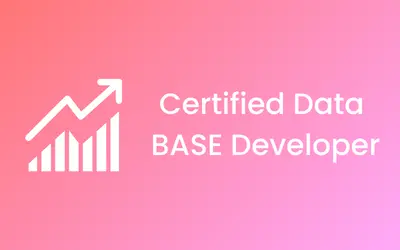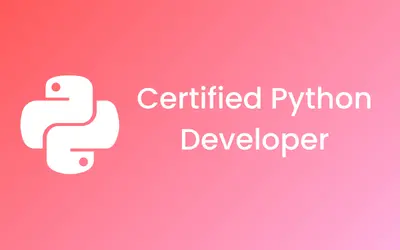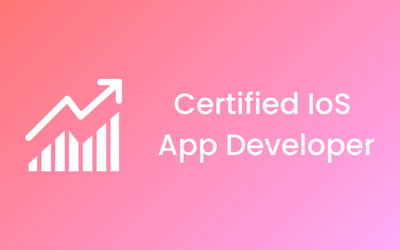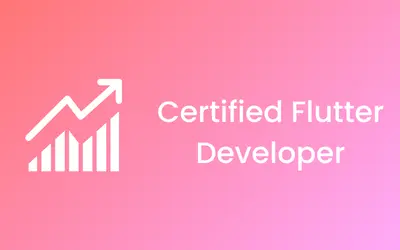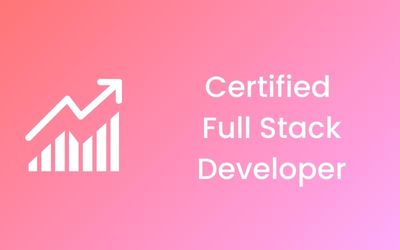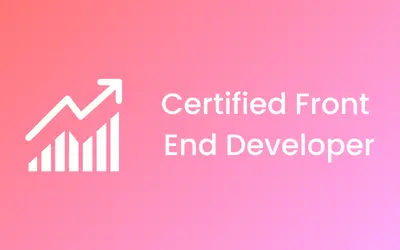Certified Data Base Developer
SKF-DBD-110
-

-
(246 Reviews)
- Career Potential: Database engineers have good job opportunities since they help firms manage their data, which improves productivity and decision-making.
- Skills Acquired: The course teaches database design, SQL programming, optimization strategies, and data security, providing students with the necessary abilities to manage complicated database systems.
- Internship Opportunities: After completing the course, students can apply their knowledge in real-world situations through internships, which improves their employability.


